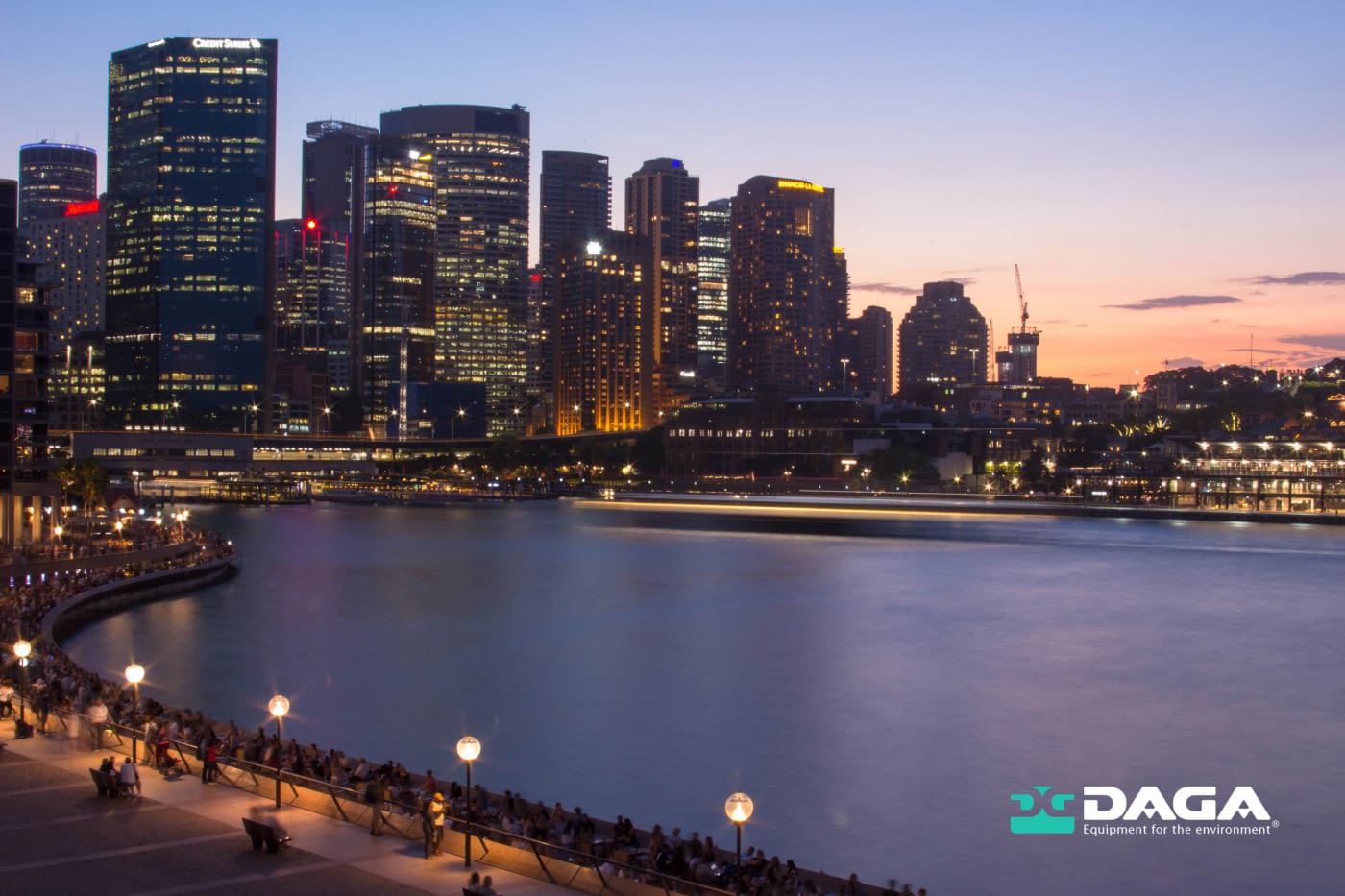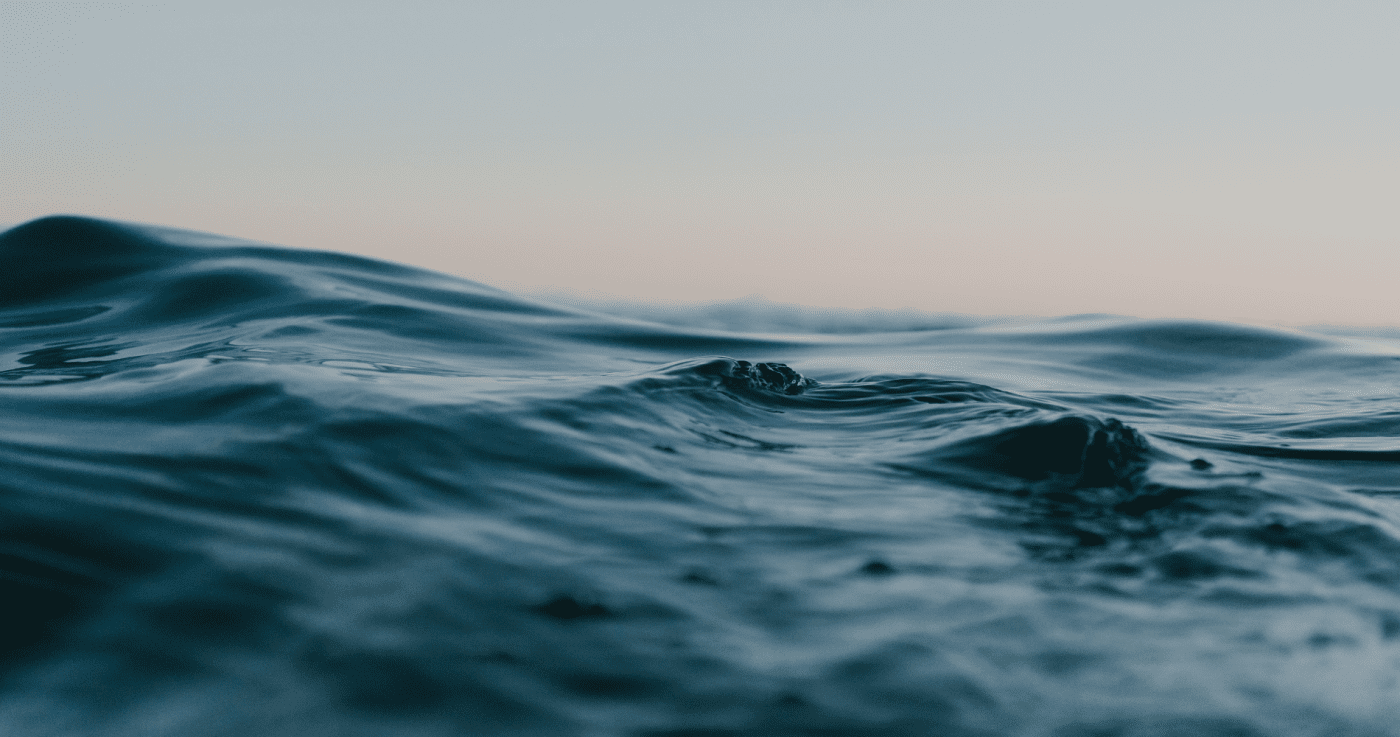
The principle of the circular economy consists of the system of production and consumption based on the reuse and exploitation of materials used during the rest of the processes in the creation of the final product, to give it added value and obtain significant economic and energy savings.
Regarding the water sector, the circular economy focuses on reflecting the natural hydrological cycle, which includes the evaporation of water, precipitation in the form of rain and its return to the seas and rivers of origin, in order to optimise production, treatment and supply processes and to conserve water use by providing it with a second use or extending its useful life.
However, the European Union foresees the need to use this model at a global level due to the high levels of pollution on the planet, which means an alteration in climate change and in the natural water cycle, aggravated by the overexploitation and extraction of resources from the environment by human beings.
Today at DAGA we will talk about the basic fundamentals that govern the circular economy and the multiple benefits it brings to the planet, including the Spanish Circular Economy Strategy that Spain is carrying out.
Regarding the water sector, the circular economy focuses on reflecting the natural hydrological cycle, which includes the evaporation of water, precipitation in the form of rain and its return to the seas and rivers of origin, in order to optimise production, treatment and supply processes and to conserve water use by providing it with a second use or extending its useful life.
However, the European Union foresees the need to use this model at a global level due to the high levels of pollution on the planet, which means an alteration in climate change and in the natural water cycle, aggravated by the overexploitation and extraction of resources from the environment by human beings.
Today at DAGA we will talk about the basic fundamentals that govern the circular economy and the multiple benefits it brings to the planet, including the Spanish Circular Economy Strategy that Spain is carrying out.
Sectors involved and lines of action
According to the European Green Pact on climate emergency, the steps to be taken to achieve the circular economy model in all businesses and countries consist of generating a coherent and demanding global communication policy with the phases through which a product passes: reduce, reuse, recycle and recover.
Different sectors of industry are affected by this model. The most notable is the construction sector, which generates 40% of resources and waste, so it is recommended to implement the use of renewable energies and disposable secondary raw materials for future recovery and recycling.
The next area requiring action measures is agri-food, which consumes more than 70% of the volume of water in Spain, so it is proposed to promote crop rotation according to the fertility and conditions of the land under cultivation, to minimise unnecessary expenditure during irrigation and control of plantations thanks to water purification and reuse systems.
The manufacturing and textile industry is also not lagging behind in the project towards a productive and sustainable economy. The European Commission has already warned that by 2025 it will be mandatory to have an internal textile waste collection and management scheme to ensure the separation of chemicals that are harmful to the health and well-being of the biosphere.
Different sectors of industry are affected by this model. The most notable is the construction sector, which generates 40% of resources and waste, so it is recommended to implement the use of renewable energies and disposable secondary raw materials for future recovery and recycling.
The next area requiring action measures is agri-food, which consumes more than 70% of the volume of water in Spain, so it is proposed to promote crop rotation according to the fertility and conditions of the land under cultivation, to minimise unnecessary expenditure during irrigation and control of plantations thanks to water purification and reuse systems.
The manufacturing and textile industry is also not lagging behind in the project towards a productive and sustainable economy. The European Commission has already warned that by 2025 it will be mandatory to have an internal textile waste collection and management scheme to ensure the separation of chemicals that are harmful to the health and well-being of the biosphere.
More policies for change towards a green planet
As we have seen so far, the European Union assures an imminent shortage of water and other resources and an impact on rainfall and the ecosystem of various aquatic species as a result of constant climate change caused by human activities, as reflected in the Commission's own Impressions project.
This is why it is worth highlighting the implementation of the DSEAR plan (National Plan for Water Treatment, Sanitation, Efficiency, Saving and Reuse) which encourages investment in and development of quality wastewater treatment plants (WWTP).
These industrial WWTPs offer such innovative and sustainable proposals as the recovery of materials in the form of organic matter during the sludge dewatering process for the preservation of the trophic chain of the planet's fauna and flora, as well as replacing bottled water with tap or municipal water suitable for consumption, colloquially known as "tap" water.
Other points of the European Union's water supply plan include improving the distribution and technological network by means of boreholes and intelligent irrigation to prevent leaks, drinking water audits, economic subsidies for those who follow a circular water model, and public awareness campaigns.
This is why it is worth highlighting the implementation of the DSEAR plan (National Plan for Water Treatment, Sanitation, Efficiency, Saving and Reuse) which encourages investment in and development of quality wastewater treatment plants (WWTP).
These industrial WWTPs offer such innovative and sustainable proposals as the recovery of materials in the form of organic matter during the sludge dewatering process for the preservation of the trophic chain of the planet's fauna and flora, as well as replacing bottled water with tap or municipal water suitable for consumption, colloquially known as "tap" water.
Other points of the European Union's water supply plan include improving the distribution and technological network by means of boreholes and intelligent irrigation to prevent leaks, drinking water audits, economic subsidies for those who follow a circular water model, and public awareness campaigns.
DAGA, an innate model of circular economy
At DAGA we have always been committed to offering you quality water while contributing to the care of the planet, so that future generations will have a better place to live.
You can consult our blog and our water treatment services to be part of the intelligent management and treatment of water and the environment.
You can consult our blog and our water treatment services to be part of the intelligent management and treatment of water and the environment.


